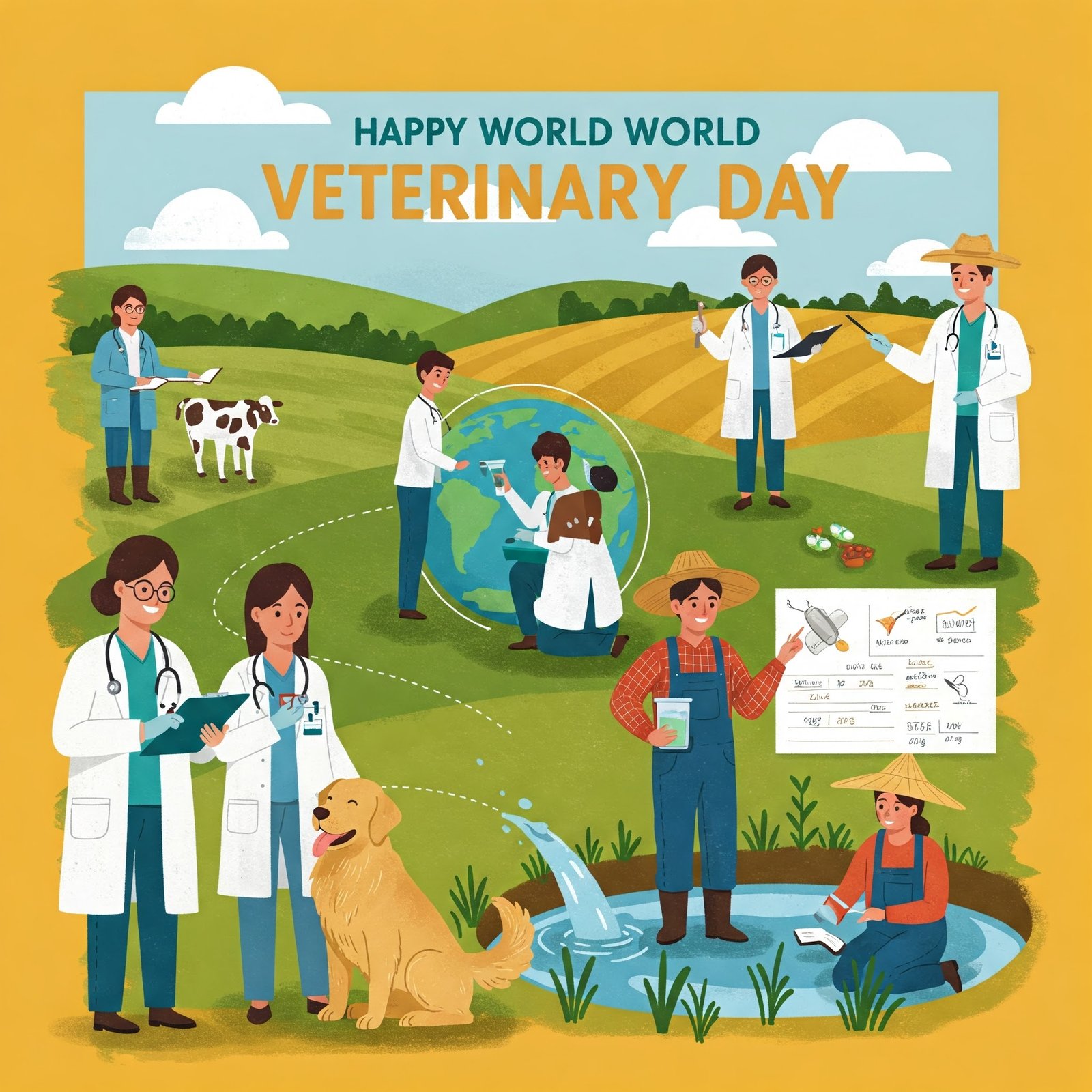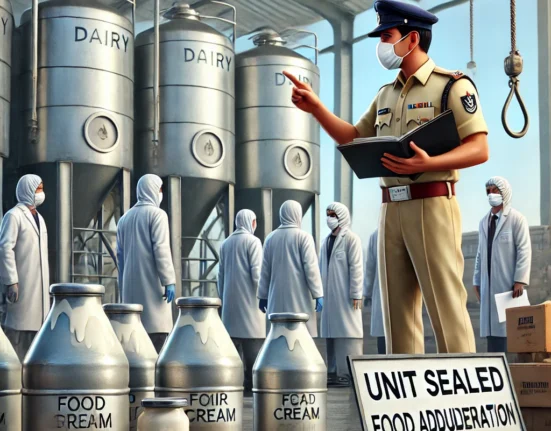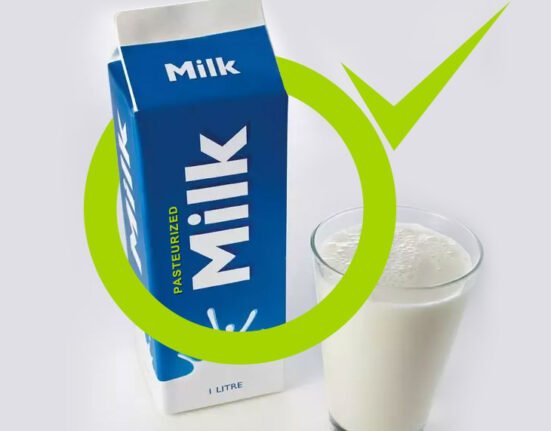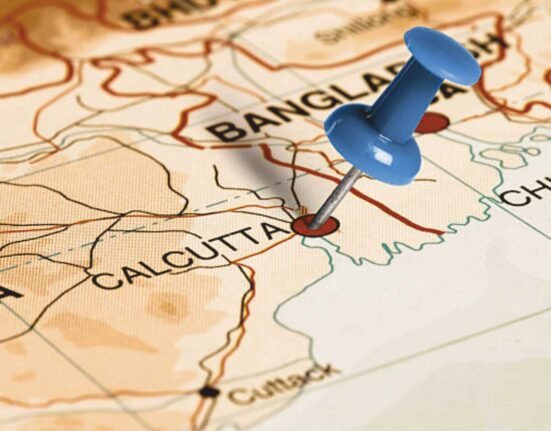Kiel, Schleswig-Holstein, Germany – As the global community observes World Veterinary Day, it is imperative to recognize the multifaceted and often understated role of veterinarians as crucial pillars in achieving sustainable development goals. Beyond their vital work in animal health and welfare, veterinarians are indispensable contributors to public health, food security, environmental protection, and socio-economic stability – all interconnected facets of a sustainable future.
Safeguarding Animal Health: The Foundation of Sustainable Livestock Production
At their core, veterinarians are the guardians of animal health. Their expertise in disease prevention, diagnosis, and treatment is fundamental to ensuring healthy and productive livestock populations. This directly impacts:
- Food Security: Healthy animals are more efficient producers of meat, milk, eggs, and other essential food sources, contributing significantly to global food security and reducing reliance on resource-intensive expansion of agricultural land.
- Economic Stability: Livestock diseases can devastate livelihoods, particularly in developing nations where animal agriculture forms the backbone of rural economies. Veterinarians play a critical role in protecting these assets, ensuring economic resilience and reducing poverty.
Bridging Animal and Human Health: The One Health Imperative
The “One Health” concept, recognising the interconnectedness of human, animal, and environmental health, places veterinarians at a critical intersection. Their work is pivotal in:
- Zoonotic Disease Prevention and Control: Veterinarians are on the frontlines of detecting, preventing, and controlling zoonotic diseases – those transmissible between animals and humans. Their surveillance, diagnostic skills, and understanding of disease ecology are crucial in safeguarding public health and preventing pandemics.
- Antimicrobial Stewardship: Responsible use of antimicrobials in animals is paramount in combating antimicrobial resistance (AMR), a growing global threat to animal and human health. Veterinarians are key advocates for and implementers of antimicrobial stewardship programs in animal agriculture.
Championing Animal Welfare: An Ethical Imperative and Sustainability Driver
Beyond disease management, veterinarians are increasingly recognised as champions of animal welfare. Promoting humane animal handling practices and ensuring optimal living conditions contribute to:
- Ethical Food Production: Consumers are increasingly demanding ethically sourced food. Veterinarians play a vital role in advising and implementing welfare standards that align with these expectations.
- Improved Productivity: Animals raised in environments prioritising their well-being often exhibit better health and productivity, contributing to more sustainable farming practices.
Contributing to Environmental Sustainability: A Holistic Approach
The impact of animal agriculture on the environment is a significant concern. Veterinarians are increasingly involved in promoting sustainable practices that mitigate these effects:
- Sustainable Farming Practices: Veterinarians can advise farmers on practices that reduce greenhouse gas emissions, optimise resource utilisation, and minimise the environmental footprint of livestock production.
- Biodiversity Conservation: Veterinarians working in wildlife conservation play a crucial role in protecting endangered species, monitoring wildlife health, and mitigating the impact of human activities on ecosystems.
Empowering Communities: Education and Capacity Building
Veterinarians often serve as educators and capacity builders within their communities, particularly in rural areas. They provide crucial knowledge and training on animal health management, biosecurity measures, and sustainable farming techniques, empowering communities to improve their livelihoods and build resilience.
Conclusion: Recognising and Supporting Veterinary Professionals
On this World Veterinary Day, it is essential to acknowledge the profound and multifaceted contributions of veterinarians to sustainable development. Their expertise extends far beyond individual animal care, encompassing public health, food security, environmental stewardship, and community empowerment. Recognizing their indispensable role and providing them with the necessary resources and support is crucial for building a healthier, more equitable, and sustainable future for all. Veterinarians are not merely animal doctors; they are vital pillars upon which a truly sustainable world can be built.







